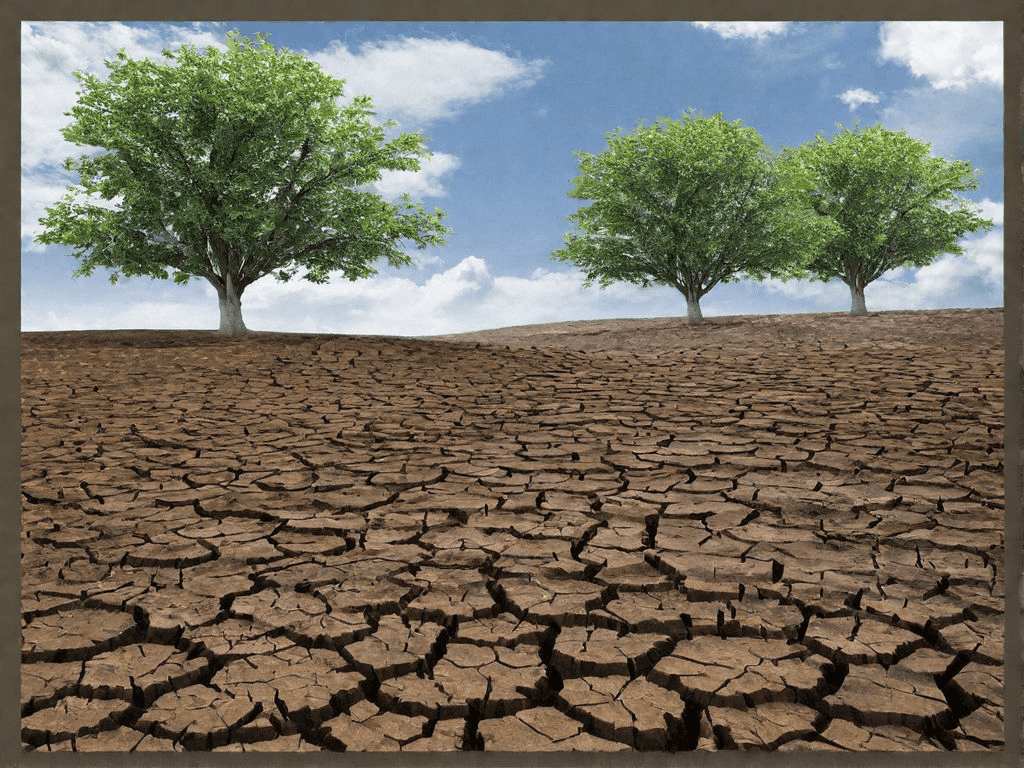Climate change is having a profound impact on the insurance industry, influencing everything from policy pricing to the availability of coverage in certain areas. As extreme weather events become more frequent and severe due to climate change, insurers are reassessing risk models and adjusting their strategies to manage the increased risk. This article explores how climate change is affecting insurance policies, the challenges faced by the industry, and what it means for policyholders.
Increased Frequency of Natural Disasters
Climate change is associated with an increase in the frequency and severity of natural disasters such as hurricanes, wildfires, floods, and droughts. These events can lead to substantial financial losses for insurers. For example, the 2017 hurricane season was one of the most expensive on record for the insurance industry, with hurricanes Harvey, Irma, and Maria causing tens of billions of dollars in insured losses.
Impact on Insurance Premiums and Coverage
As the risk of natural disasters increases, insurance companies are forced to raise premiums to cover the higher risk of claims. This can make insurance policies more expensive for consumers, particularly those living in areas that are deemed high-risk for events such as floods, hurricanes, or wildfires.
In some cases, insurers may decide to reduce their exposure in certain regions altogether, making it difficult for homeowners and businesses to find insurance coverage. For instance, after significant losses from wildfires in California, some insurers have pulled back from the market, leaving homeowners struggling to find affordable insurance.
Reevaluation of Risk Models
Traditionally, insurers have used historical data to predict future risks and set premiums accordingly. However, as climate change alters the frequency and severity of weather-related events, these historical models become less reliable. Insurers are now investing in advanced modeling techniques that incorporate climate change projections to better assess future risks.
Adaptation and Innovation in the Industry
The insurance industry is adapting to the challenges posed by climate change in several ways:
- Offering Incentives for Resilience: Some insurers are providing discounts or incentives for homeowners who take steps to make their homes more resistant to natural disasters, such as installing storm-resistant windows or fire-resistant roofing materials.
- Expanding Flood Insurance Offerings: Recognizing the limitations of government-provided flood insurance in many countries, private insurers are increasingly offering their own flood insurance products.
- Investing in Climate Resilience: The industry is also investing in climate resilience efforts, such as supporting coastal restoration projects or urban infrastructure improvements to reduce the impact of extreme weather events.
Implications for Policyholders
For policyholders, the impact of climate change on insurance policies means that it’s more important than ever to understand their insurance coverage and how it may change. Homeowners and businesses should:
- Review their insurance policies regularly to ensure they have adequate coverage for natural disasters.
- Consider the benefits of investing in resilience measures to reduce premiums and protect their property.
- Explore all insurance options, including those from private insurers, to find the best coverage at a reasonable price.
Conclusion
Climate change is reshaping the landscape of the insurance industry, forcing both insurers and policyholders to confront the increasing risks of natural disasters. While the challenges are significant, the industry’s response through adaptation, innovation, and resilience-building offers a path forward. For policyholders, staying informed and proactive in managing their insurance needs is crucial in navigating the impacts of climate change on their coverage.
For further reading on how climate change is impacting insurance policies, the following resources provide in-depth analysis and updates:
